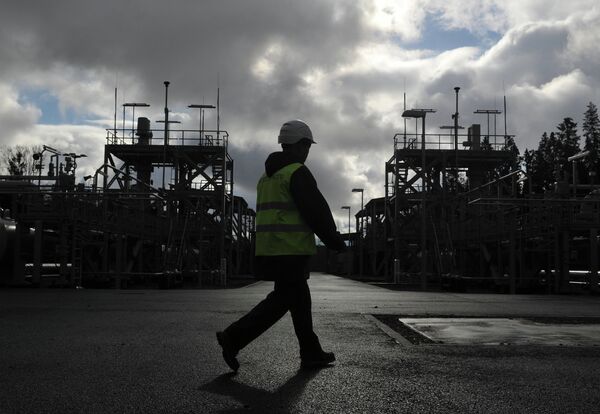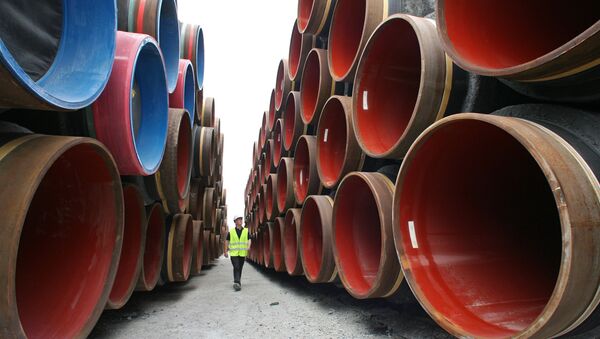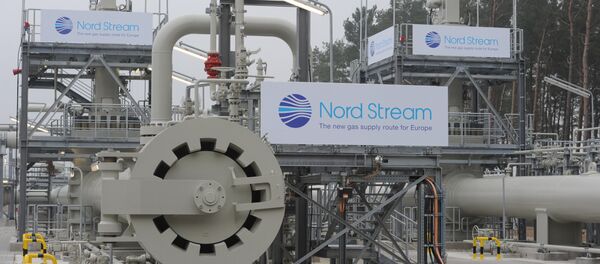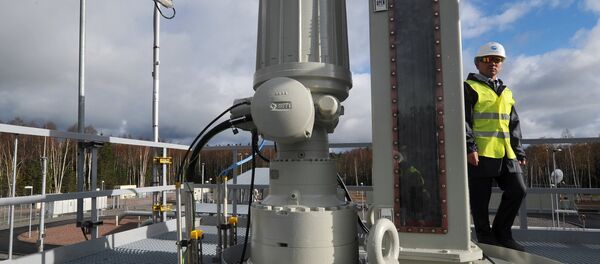He urged the sides to jointly estimate how much gas the EU will need in the coming years, review the existing supply routes and find the most reasonable and optimal solution. According to him, the parties may finally decide on either the construction of the Nord Stream 2 or the better use of existing capacities, including those related to liquefied natural gas.

At the same time, Sefcovic expressed doubt over the Nord Stream 2 being a commercial project which complies with legislation.
"For me it's hard to see the Nord Stream 2 as a purely commercial project. The pipeline's possible construction will drastically change the European gas supply system, with the EU getting 80 percent of Russian gas via one route, in violation of the energy security requirements," he said.
Earlier, the German magazine Der Spiegel reported that the implementation of the Nord Stream 2 project and the termination of gas transit through politically unstable Ukraine could allow Germany to secure supplies from Russia.
The Nord Stream 2 is a proposed gas pipeline that would pass under the Baltic Sea, bypassing Estonia, Lithuania, Latvia and Poland, to provide an additional route for Russian gas to be delivered to Germany. The pipeline could provide up to 55 billion cubic meters per year in direct gas supplies from Russia.
On February 4, Russian Foreign Minister Sergei Lavrov said the completion of the pipeline would boost Europe's energy security, a statement echoed by Germany's special coordinator for Russia policy, Gernot Erler.
While Germany has reaffirmed its interest in the project, some EU member states, such as Poland and the Czech Republic, are opposed to Nord Stream 2 over fears of increased energy dependence on Russia.




